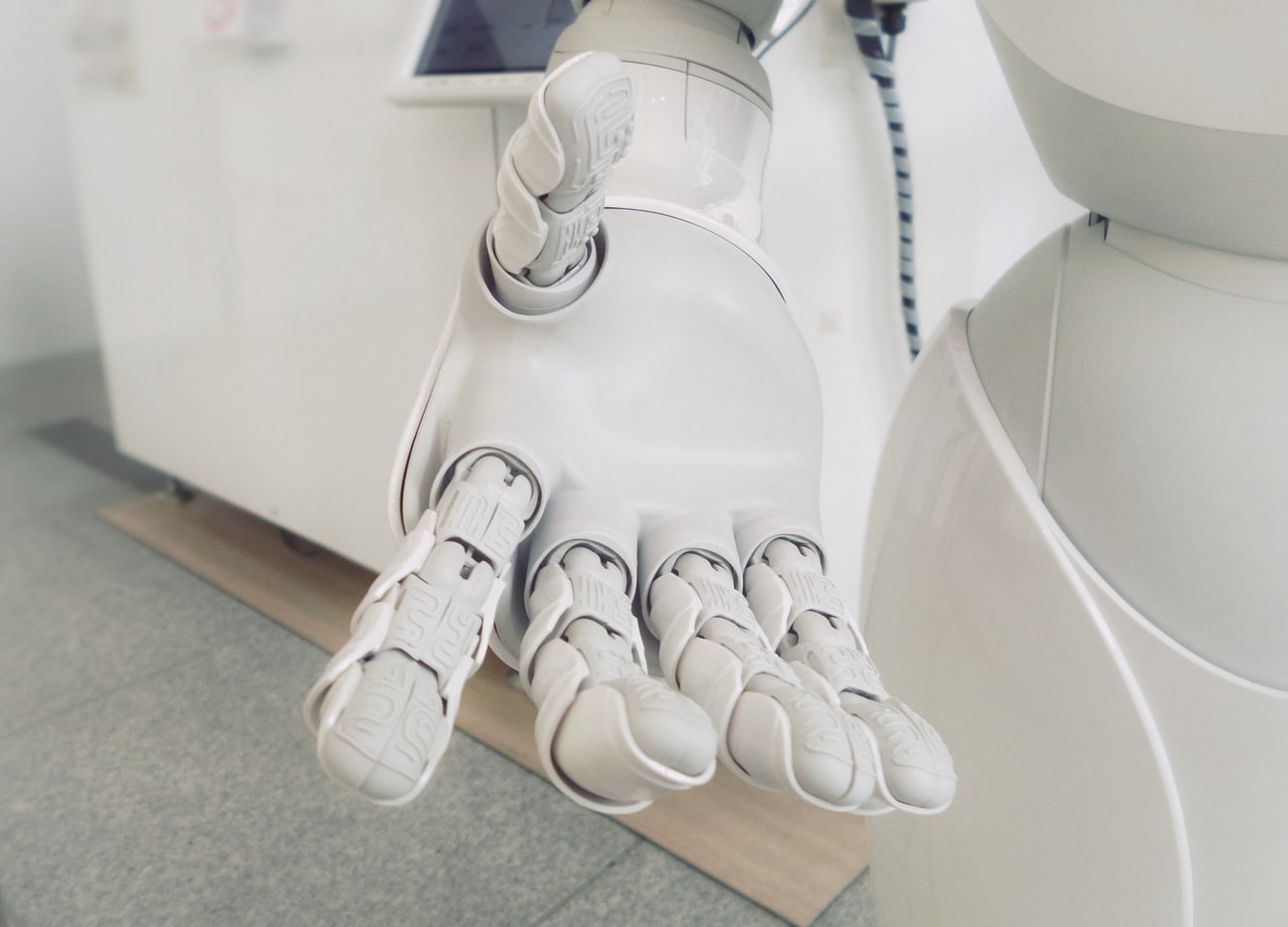
AI in the office - will it affect you?
One of our colleagues from Stopgap UK, Lead Consultant Christine ebeling long, recently took a look at AI in the marketing sector and how much it might affect the job market.
For decades, humans have had a fear of technology taking over our world. Terminator first appeared 35 years ago this year and we all know how that worked out. These days, we can’t go into Coles or the Post Office without having to negotiate with the self-service till to buy lunch or a stamp.
Recently there’s been a lot of talk about AI and how it will affect jobs in the future and recent research undertaken by McKinsey has found that 45% of current jobs could potentially be automated. On the other hand Talent Alpha published a white paper recently on the 7 Drivers Shaping the Future of Work which predicted that the Fourth Industrial Revolution is creating more job jobs than it is destroying (133m vs. 75m) and up to 85% of jobs that they think will exist in 2030 haven’t even been invented yet.
As we specialize in Marketing Recruitment at Stopgap, we have taken a look into marketing jobs specifically to see which areas may be affected. Whilst we generally assume repetitive jobs will become automated, it isn’t 100% clear how AI, machine learning and automation could impact marketing roles in the future.
Having done a bit of desk research here are some of the things Stopgap have discovered. We would be interested to hear your take on what you see the effect of AI on the workforce.
Data Analysis
Marketing, as we know, is becoming an increasingly data-driven discipline, and more effective use of data is the key to improving the likes of targeting, customer experience and personalisation for example.
Consolidating massive amounts of data once it has been collected, and analysing it to determine patterns, is tedious and intellectually challenging for us mortals. This is where AI comes in: one of the great strengths of AI is its ability to take on complex organisational and analysis tasks that would be difficult or impossible for humans to do.
Product Pricing
With AI, prices can be determined and optimised with a whole new level of precision, taking a wide variety of data into account moving forward. This means profitability could be maximised second by second, or on a shopper-by-shopper basis.
Targeting and Segmentation
For marketers to reach their customers with the level of personalisation that we have come to expect, they need to target increasingly granular segments - AI can be used to achieve this too.
Visual search & image recognition
Instead of recommending products based on a shopper’s past behaviour or purchases, advances in AI image recognition and analysis are making it possible to achieve some interesting things in this area. Using visual search to find results that are visually similar to one another could make online shopping much easier.
Social Listening
Advances in natural language processing have proven extremely useful for marketers wanting to analyse their brand presence. In addition, the conversations around their brand, helping them with targeting, purchase intent, potential insights and ideas for future product development and content will see improvements with the advancement of AI.
Copywriting
We all like to believe creative roles may be safe but it seems that AI is becoming better at undertaking simple copywriting tasks (albeit with limited ability currently like email subject lines and product descriptions). But like everything, it is likely to become more sophisticated as technology develops.
And, it doesn’t stop at marketing, even in recruitment there is already intelligent technology available that decides how to advertise your role based on a candidate’s profile and likely online behaviour, as well as automated candidate matching, automated interviews and facial expression analysis.
Whilst there is no need to worry just yet - it will be interesting to see how the next decade plays out and whether humans will be in more or less demand than ever before due to AI.
If you are interested to know how someone with the above skill-set can help your team, or if you're looking for a new role focussed in this field, get in touch with us today.

